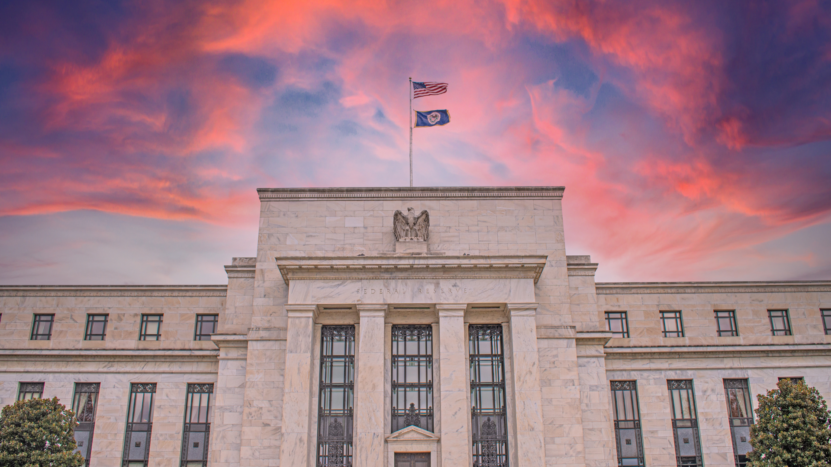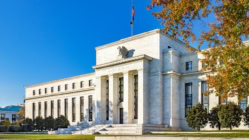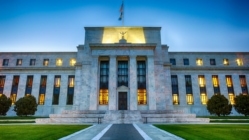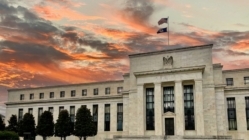I frequently remind readers that a recession is likely and that the Fed will lower the Fed Funds rate when the recession hits. The Fed will do this to revive lending, to make borrowing costs cheaper, and to stimulate the economy overall.
The risk of doing so will be more inflation, but the Fed will likely have no choice if it wants to keep the economy from completely collapsing.
BUT – recession or not, there is another reason why the Fed will have to lower rates and then some – and Treasury Secretary Janet Yellen all but admitted it.
The federal government’s interest bill is now close to $1 trillion per year. Our Federal Debt to Gross Domestic Product (GDP) ratio is also at an all-time record high (close to 130%).
Interestingly though, until recently, our debt service cost (mostly our interest expense) as a percentage of GDP was not higher than it was in 1966, when our Debt to GDP ratio was only in the 30% to 40% range!
The reason our debt service costs were so low up through 2022, despite our enormous debt load, was because interest rates were so low! Our debt service costs are no longer low though because the Fed jacked up the Fed Funds by 5% over the last 18 months.
Given that our debt will obviously continue to grow too, here is the reason why the Fed will be forced to lower rates: interest costs at our current interest rates will end up exceeding total revenues and bankrupt our government.
Janet Yellen recently played the government’s hand too in a recent statement when she said that our debt service costs would be only 1% of GDP. This implies (if you do the math) that the Fed Funds rate will be under 1% and so will the yields of most government bonds.
I borrowed all this info from this recent video by Mark Moss: Leaked Treasury Intel Warns What Happens Next. I recommend watching it because it is short and very clear, with sources and data nicely illuminated.
Mr. Moss also points out that lower rates and more money printing will spark much more inflation (and asset inflation) – so anyone owning real estate will do extremely well – like they did in the 1970s.
But sadly, this will also foster much more income inequality, as the people who don’t own real estate/assets will be left far behind.
There is one other reason why the Fed will have to lower rates that Mr. Moss did not mention. Many commercial banks cannot survive in today’s interest rate environment – and are heavily dependent upon government support. So yes, I think rates will fall, but I don’t think the results will be all good. And – I am not sure the Fed will be able to keep rates down in the face of inflation, but we will see.
I am not sure how this will all play out, but owning hard assets like real estate seems like a very nice hedge, no matter what happens.
Sign up to receive our blog daily
























